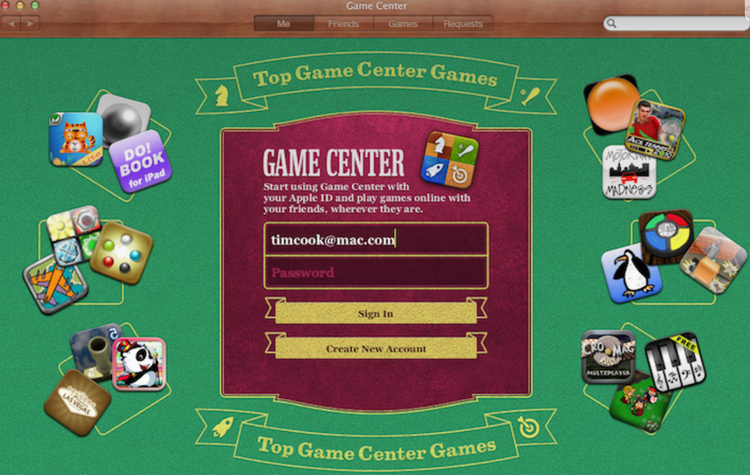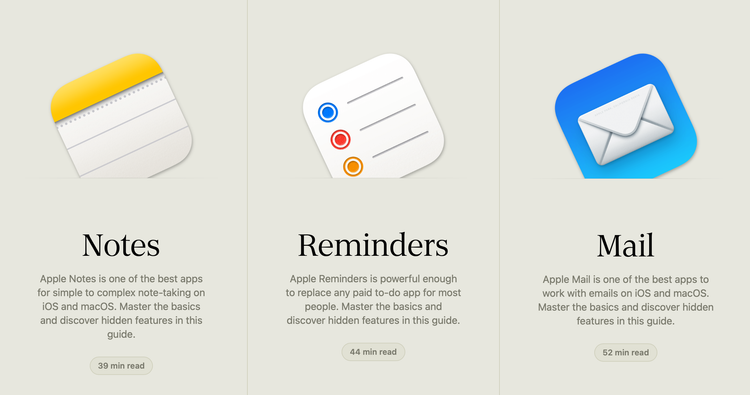Matter II Released
In an announcent on the Matter blog today:
...we’ve streamlined the product, removing its social features and organizing it around the three major paradigms of reading the internet — read-it-later, subscriptions, and discovery.
Count me as someone who, somewhat surprisingly to me, enjoyed Matter's social "lite" feature - it didn't feel like there was a competition to get more followers, or compare how many likes an article you shared got. But it was interesting to see who liked what kind of article, or when a particular quote from an article I shared would send an article bouncing around the Matter network.
I won't miss it in my day to day use of Matter, but it was a decent attempt at adding social features to a read-it-later app.
On the backend, we’ve built a highly accurate parsing engine that handles web articles, emails, and Twitter threads.
I didn't even realize Matter could do this, until I complained about it on Twitter. This feature has increased my usage of Matter and Twitter in one go.
In Matter, you can subscribe to individual writers wherever they publish. It’s taken a lot of effort to enable this – extensive systems, tooling, and manual processes. Over the past three months, we’ve added over 10,000 leading journalists, bloggers, and authors to our system.
I love the way this helps with discoverability. I can find out about an author's writings elsewhere and have it surfaced automatically inside of Matter. Matter picked up that I follow Ben Thompson and let me choose to have his writings dropped right into my Subscriptions queue.
In a few weeks, we’ll be adding support for RSS. Across your writers, newsletters, and RSS, you’ll have a unified location for all your favorite subscriptions.
They're adding RSS support as well - look out Feedbin? - which is a very different workflow for what my brain wants to process when I open up Matter, but I'm glad one of the core technologies of the web is being supported.
Matter’s third tab is dedicated to Staff Picks. Everyday, we handpick 5-10 recommendations from across Twitter, after sifting through thousands of candidates. We curate the curators, as it were, looking for recommendations that are non-obvious, insightful, and important across a wide range of topics and viewpoints.
I've found interesting articles to read in the Staff Picks section, particularly when it's 2am, I can't sleep (thanks Night Brain), and all of my queued articles feel work related or work on myself related - like this article on how researchers pinpointed the reason infants die from SIDS.
The removal of our social features also clears space for something we’ve long been excited about: deeper integration with Twitter. Twitter is the conversation layer of the internet. We think it should be possible to view the public conversation about any piece of content in the tool you use to read it. Soon it will be.
I'm nervously optomistic that this feature will turn out ok, in light of all the Musk owning Twitter talk that might turn the social network into more of a cesspool. Matter's built-in social feature felt fairly immune from that, so we'll see how it's implemented.
What's the Matter?
I've used almost all the "read it later" style apps over the years: Instapaper, Pocket, Pinboard, and others that have come and gone. I really enjoy using Matter because it feels like the app cares about the articles I'm actively reading and the articles I read in the past with easily browsed Favorites, Highlights, or the full Archive.
Other thoughts:
- Replacing the "pull down from the top to refresh" with a search box will take a bit of getting used to.
- Dark mode in Matter works 99% of the time so that when I'm reading at 2am, I'm not blasted by a wall of bright white - except for the odd time I pull open a web version of an article I'm reading. I think this is more an issue with the Safari web viewer built into iOS than an app's fault.






Member discussion